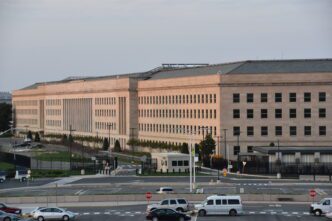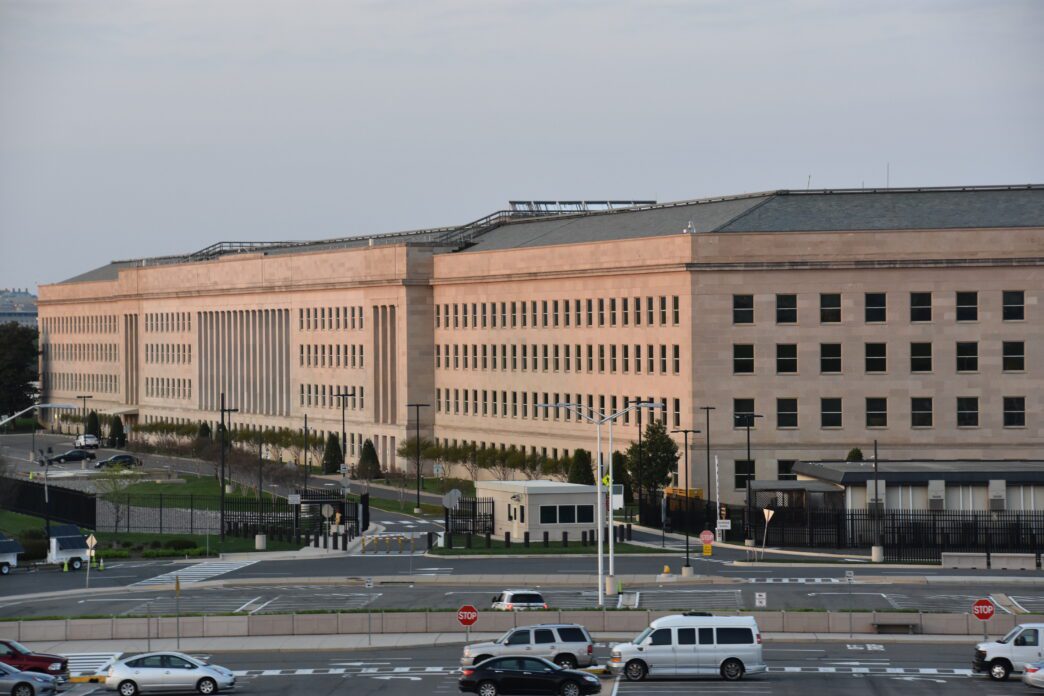Executive Summary
The Story So Far
Why This Matters
Who Thinks What?
President Donald Trump has directed the Pentagon to prepare for potential military action in Nigeria, including possible ground troops, citing what he described as an “existential threat” to Christians in the West African nation. The directives followed Trump’s viewing of a Fox News segment on Friday, November 3, 2025, detailing attacks on Christians by Islamic groups, prompting him to designate Nigeria a “Country of Particular Concern” under the International Religious Freedom Act.
Presidential Directives and Justification
According to sources familiar with the matter, Trump was “immediately” angered by the Fox News report and began posting on Truth Social shortly after arriving in West Palm Beach, Florida. He stated that “Christianity is facing an existential threat in Nigeria,” attributing the violence to “Radical Islamists” and announcing the Country of Particular Concern designation.
A White House official indicated that Trump had been tracking the issue previously. The president’s focus on the matter intensified throughout the weekend, leading him to directly call on his Secretary of Defense to “prepare for possible action” and to warn that the U.S. would intervene in Nigeria “guns-a-blazing” to protect the Christian population.
White House spokesperson Anna Kelly confirmed that the “Department of War is planning options for possible action to stop the killing of Christians in Nigeria.” One source familiar with Trump’s thinking described his threats as an “Art of the Deal”-type strategy, aimed at eliciting a response from Nigeria and drawing attention to the issue.
Military Response and Internal Frustration
Trump’s directive to the Pentagon reportedly caught many within the military by surprise. Personnel within U.S. Africa Command (AFRICOM), based in Germany, were abruptly recalled to headquarters over the weekend to discuss potential courses of action.
Defense Secretary Pete Hegseth stated that the Pentagon was “preparing for action,” with requests to develop various contingency plans. Chief Pentagon spokesperson Sean Parnell affirmed that the Department of War “stands ready to execute the Commander in Chief’s direction.”
However, the rapid reaction on Saturday highlighted a broader frustration within the military regarding the communication of potential policy decisions via social media, often with minimal prior planning. Speaking to reporters on Sunday aboard Air Force One, Trump declined to rule out sending American troops or conducting airstrikes in Nigeria, reiterating concerns over the number of Christians being killed.
The Reality on the Ground and Nigerian Response
While Trump emphasized a “mass slaughter” of Christians, experts and analysts describe a more nuanced reality in Nigeria. Both Christians and Muslims, the nation’s two primary religious groups, have been victims of attacks by radical Islamists.
Nigeria has long contended with complex security challenges stemming from various factors, including religiously motivated violence, communal and ethnic tensions, and conflicts between farmers and herders over resources. Massad Boulos, Trump’s adviser on Arab and African affairs, noted last month that groups like Boko Haram and ISIS are responsible for killing more Muslims than Christians.
The Nigerian government has denied accusations of insufficient action to protect Christians and expressed shock at Trump’s suggestion of military intervention. Nigerian presidential spokesperson Bayo Onanuga told CNN that the government was “bewildered” by the U.S. president’s instructions to the Pentagon.
Conservative Advocacy and Historical Context
The plight of Nigeria’s Christians has been a significant concern for American conservatives for years. Trump himself raised the issue during a 2018 White House meeting with then-President Muhammadu Buhari, expressing deep concern over religious violence.
In 2020, the Trump administration designated Nigeria a “Country of Particular Concern” due to “severe violations of religious freedom,” a decision later reversed by the Biden administration. With Trump’s return to office, there has been a renewed conservative effort to pressure the Nigerian government.
Senator Ted Cruz, an evangelical Christian, introduced a bill in September to sanction Nigerian officials for allegedly “ignoring and even facilitating the mass murder of Christians.” The bill also sought to redesignate Nigeria as a “Country of Particular Concern.” Paula White-Cain, Trump’s spiritual adviser, publicly thanked him for his “strong stand on Christian persecution in Nigeria.” Trump’s rhetoric escalated beyond previous calls for intervention, including a warning that any U.S. attack would be “fast, vicious, and sweet.” The potential for U.S. military action comes after the U.S. completed a withdrawal of approximately 1,000 troops from neighboring Niger last year.
Key Takeaways
President Trump’s directives regarding Nigeria reflect a heightened focus on the treatment of Christians in the country, leading to swift, albeit surprising, preparations within the U.S. military. This stance aligns with renewed pressure from conservative allies, despite a more complex and contested understanding of the situation on the ground by Nigerian officials and some experts. The potential for U.S. military intervention remains an open question, with Trump declining to rule out the deployment of troops or airstrikes.








